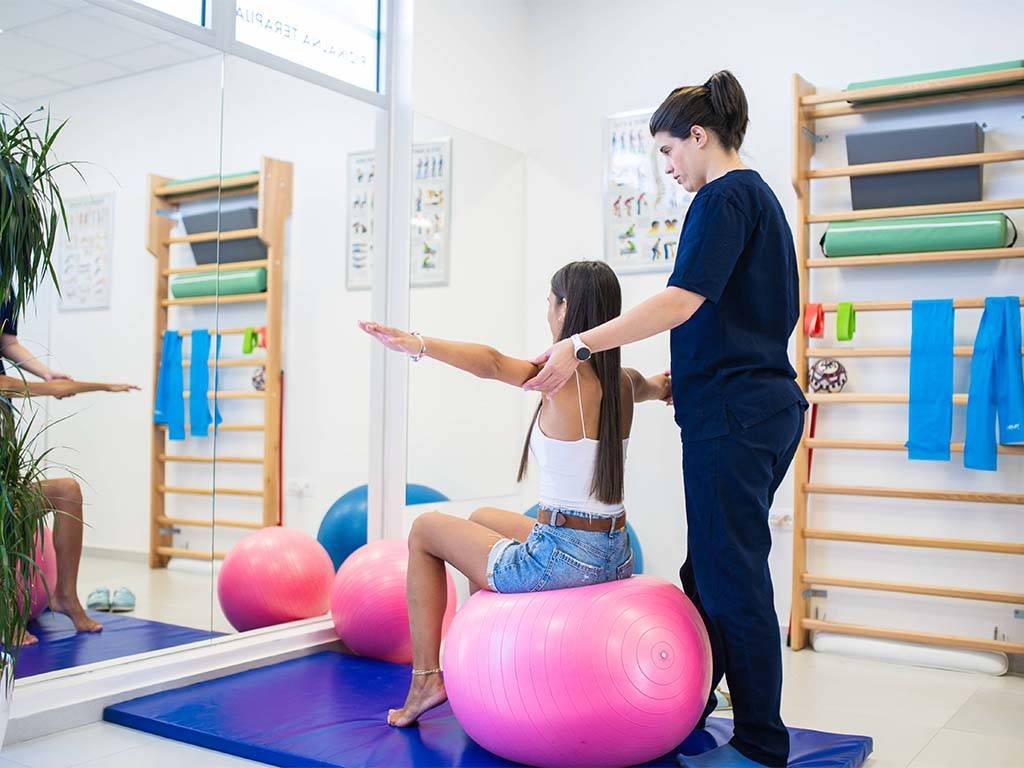- Mon-Fri: 13h - 21h
Saturday: appointment
- +382 67 834 191
+382 67 881 575 - dr.nenezic@gmail.com
- City Kvart L3-9
Podgorica, Montenegro
Neurological Rehabilitation
- Home
- Neurological Rehabilitation
Treatment packages
Contact Info
- City Kvart L3-9
Podgorica, Montenegro - +382 67 834 191
+382 67 881 575 - dr.nenezic@gmail.com
- Mon-Fri: 13h - 21h
Saturday: appointment
Neurological Rehabilitation: The Path to Recovery and Improved Quality of Life
Neurological rehabilitation is a specialized approach to the treatment and rehabilitation of patients affected by neurological disorders or injuries. These disorders can impact the central nervous system (brain and spinal cord) or the peripheral nervous system. The goal of this type of rehabilitation is to improve the functionality of patients, reduce symptoms, and enhance their quality of life.
Types of Neurological Disorders and Injuries:
Neurological disorders and injuries can vary in nature and affect different parts of the body. Some common neurological conditions include:
Stroke (Cerebrovascular Accident): A stroke can cause brain damage, leading to a loss of motor function, speech, and cognitive abilities.
Multiple Sclerosis: This autoimmune disease affects myelin, which can lead to various symptoms such as muscle weakness, coordination problems, and fatigue.
Traumatic Brain Injury: This injury can occur from head trauma, such as car accidents or sports injuries. Patients can experience problems with motor function, concentration, and memory.
Parkinson's Disease: This degenerative disease affects motor control and can lead to movement slowing and balance loss.
Goals of Neurological Rehabilitation:
Neurological rehabilitation sets a series of goals to help patients return to functionality and better quality of life:
Restoring Motor Function: Patients may undergo physical therapy to regain control over muscles and movements.
Cognitive Rehabilitation: Individuals with neurological disorders affecting cognitive functions can benefit from therapy aimed at improving memory, concentration, and cognitive abilities.
Speech Therapy: Patients who have lost the ability to speak or have communication difficulties can use speech therapy to improve communication skills.
1. Improving Balance and Coordination: People with neurological disorders often have problems with balance and coordination of movements, and therapy by physiotherapists can assist in this area.
2. Assisting with Daily Activities: Including occupational therapy, to help patients perform daily tasks such as dressing, eating, and bathing. Neurological rehabilitation typically involves a team of experts, including physiotherapists, occupational therapists, speech therapists, psychologists, and other professionals who work together to provide the best possible care to patients.
Thanks to the rapid development of medical technology and therapeutic methods, neurological rehabilitation today offers more hope to patients with neurological disorders than ever before. Therapies are increasingly focused on improving the quality of life and functionality, and goals are set to reintegrate patients into their community and daily life. Neurological rehabilitation represents a light at the end of the tunnel for many patients facing the challenges of neurological disorders and injuries, enabling them to find hope, independence, and a better future.
Shopping Cart
There is no item in your cart


